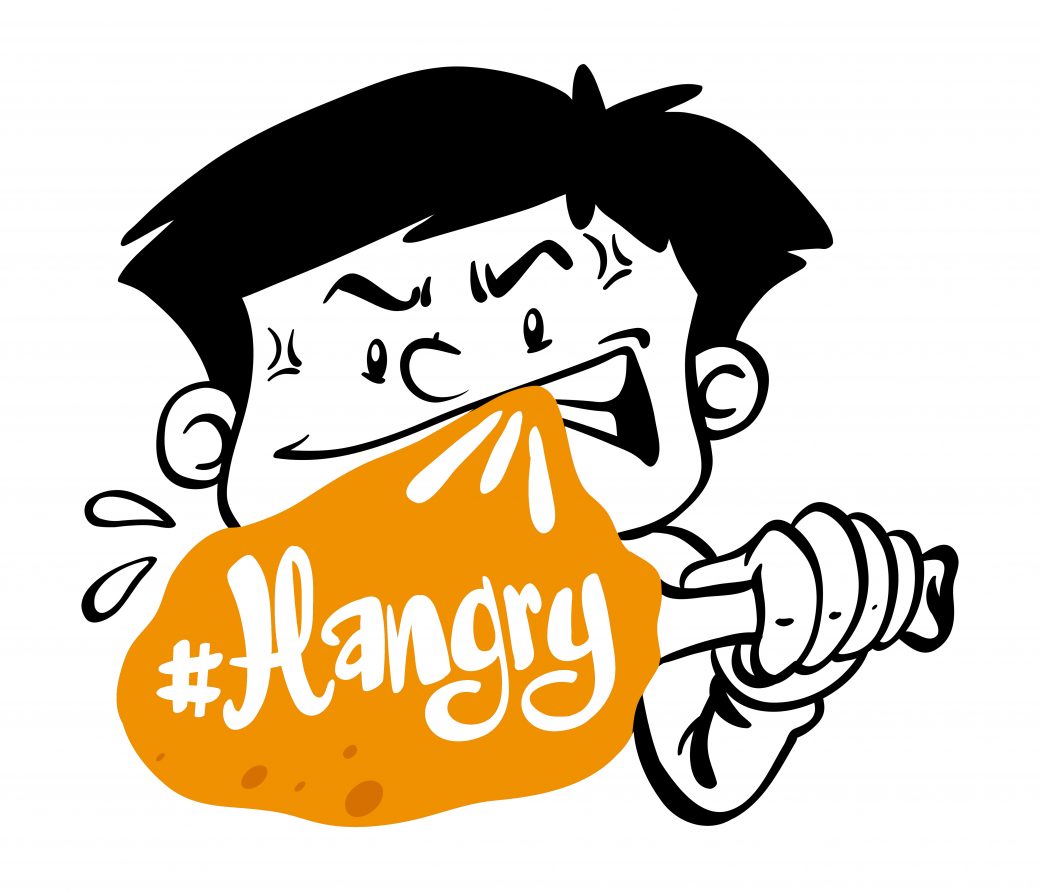We’re sure you’ve probably noticed that when you or someone’s stomach is rumbling, their mouth is motoring in anger, too.
The sudden, irritable rage that’s seemingly saved for unsuspecting loved ones and innocent bystanders is known as ‘hanger’, or the combination of hunger and anger.
“When we do not eat, blood sugar goes low,” explains Deena Adimoolam, MD, an assistant professor in the Division of Endocrinology, Diabetes, and Bone Disease at the Icahn School of Medicine at Mount Sinai.
And when blood sugar drops, cortisol and epinephrine hormones are released in an attempt to balance sugar levels. But those hormones also lead to irritability, which is the reason you’re so cranky every time you skip breakfast.

Related: This Could Be the Reason You Feel Hungry All the Time
The hangry phenomenon has even been documented in relationships: A study from Ohio State University on married couples learned that the lower the participants’ blood sugar level, the angrier and more aggressive they felt toward their significant other.
So when exactly does hanger rear its ugly head?
“It varies by every individual,” says Dr. Adimoolam. “But the lower your blood sugar goes, the hangrier you are. It’s our body’s defense mechanism to get food ASAP.”
Ironically, hangry people tend to crave cookies, pastries, chocolate, or candy, she says. These are the same sugary snacks that will raise your blood sugar quickly. But that spike inevitably leads to another crash—and you’ll be acting like a crabapple once more.
So when hunger strikes, “Carry healthy snacks with you—like vegetables, fruit, and yogurt—so that when you are hungry [they] will hold you over until the next meal,” says Dr. Adimoolam.
Photo Credit: brgfx/Shutterstock.com; Lolostock/Shutterstock.com












